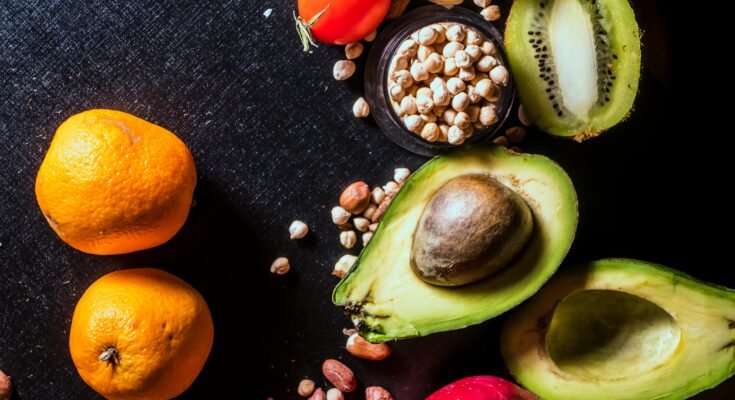The heart is like an engine that keeps our bodies running, pumping blood and nutrients to every corner of the body. To keep it working at its best, one must focus on a heart-healthy lifestyle, including regular exercise, adequate sleep, stress management, and of course, a nutrient-rich diet. Among the many foods that contribute to cardiovascular health, some stand out as “superfoods” for their exceptional nutrient density and health benefits. Here’s a closer look at these powerhouse foods and how they support heart health.
1: Fatty Fish: Omega-3 Powerhouse

Fatty fish like salmon, mackerel, and sardines are rich in omega-3 fatty acids, which are necessary to maintain heart health. Omega-3s lower inflammation, reduce triglyceride levels, and minimize the risks for arrhythmias. The American Heart Association suggests having fish at least twice a week to achieve this effect.
2: Berries: Antioxidant-Rich Gems
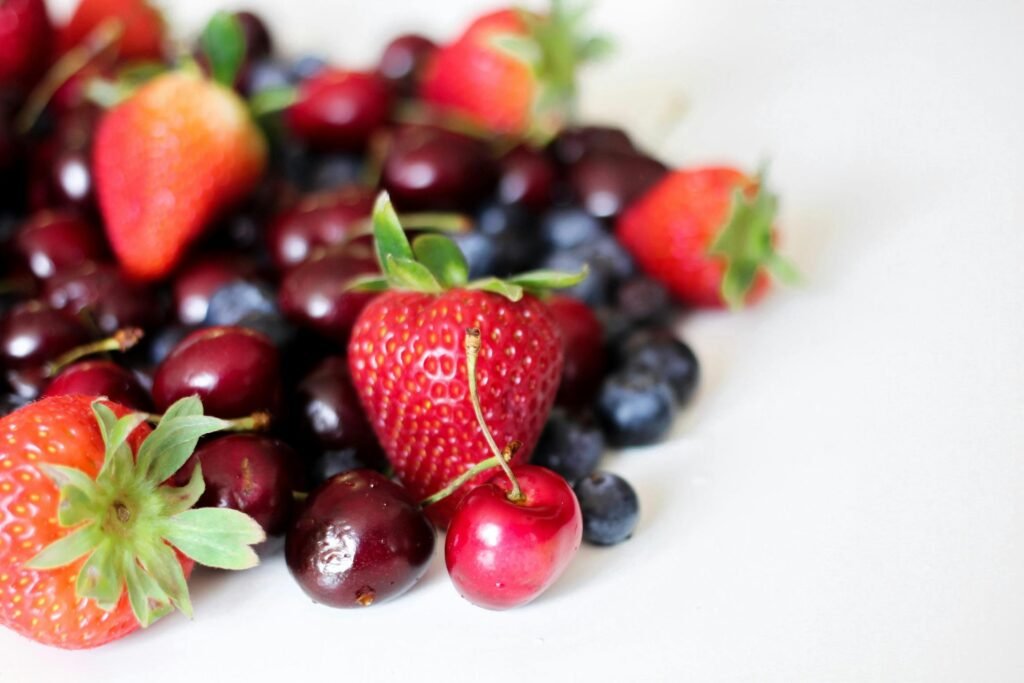
Blueberries, strawberries, raspberries, and blackberries are packed with antioxidants, particularly anthocyanins. These compounds reduce oxidative stress and inflammation, key factors in preventing heart disease. Berries are also a good source of fiber, which can help lower cholesterol levels.
3: Leafy Greens: The Nutrient-Dense Choice
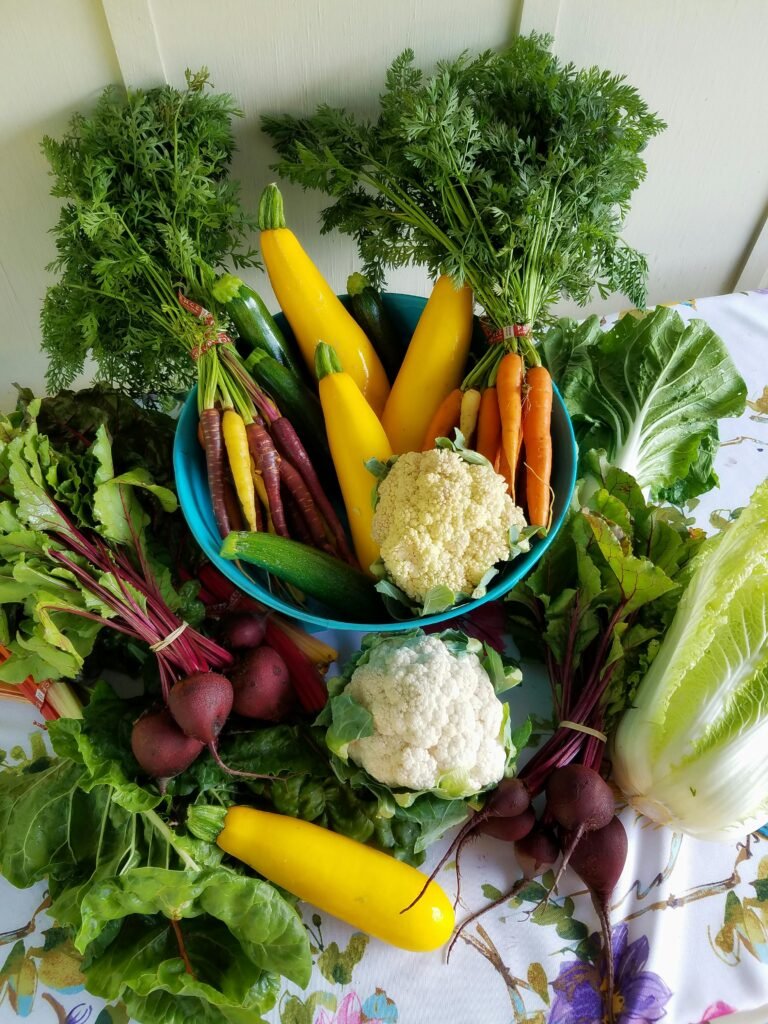
Spinach, kale, and Swiss chard are rich in vitamins, minerals, and nitrates that improve arterial function and lower blood pressure. High in vitamin K, leafy greens also help protect your arteries and promote proper blood clotting.
4: Nuts: Heart-Healthy Fats
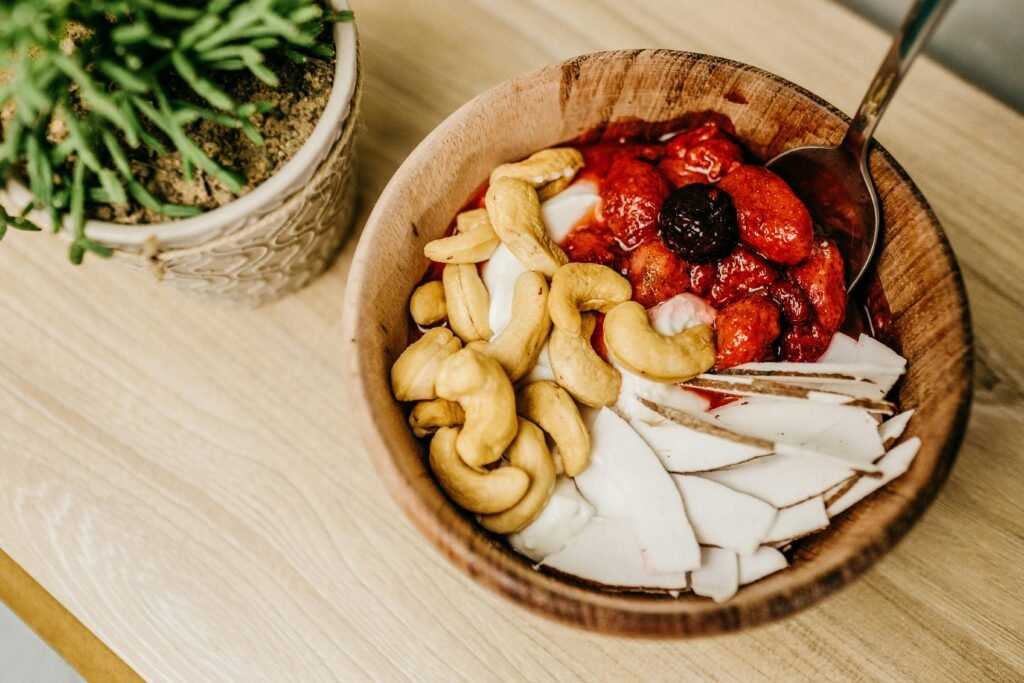
Almonds, walnuts, and pistachios are rich in unsaturated fats, fiber, and omega-3 fatty acids. Walnuts, in particular, contain a high amount of alpha-linolenic acid, also known as ALA, which helps lower cholesterol and improves the overall functioning of the heart.
5:Whole Grains: Fiber-Rich Fuel
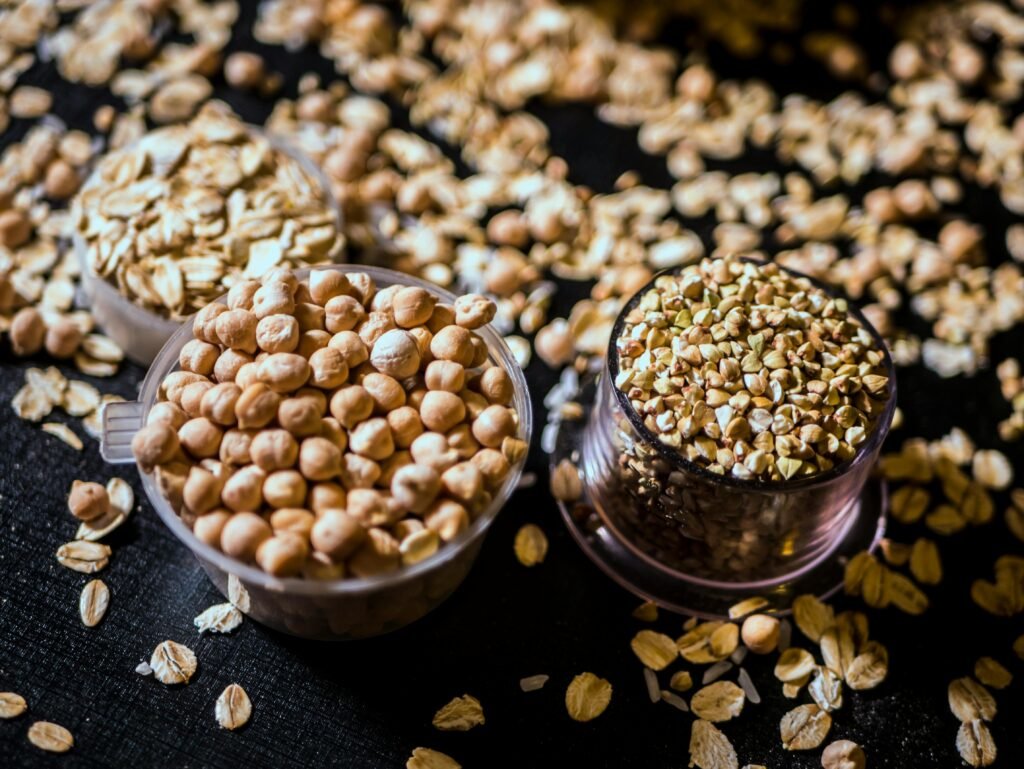
Whole grains such as oats, quinoa, brown rice, and whole wheat include soluble fiber, which may help reduce LDL (“bad”) cholesterol. In addition, whole grains can help with satiety and provide sustained energy and also lower the risk for developing hypertension.
6: Avocados: Nutritional All-Stars
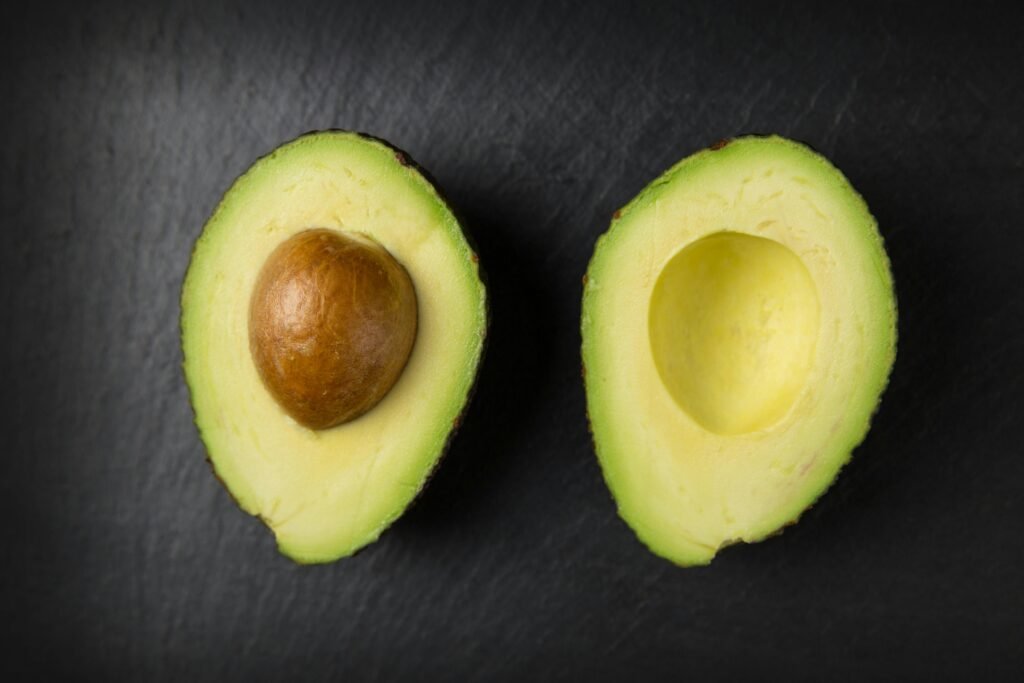
Avocados are a rich source of heart-healthy monounsaturated fats that may actually help lower cholesterol and reduce the risk for heart disease. They are also an excellent source of potassium, an essential mineral that helps maintain healthy blood pressure.
7: Dark Chocolate: Sweet and Healthy

Not all chocolate is created equal, but dark chocolate that has a high cocoa content-70% or higher-is rich in flavonoids associated with good heart health. Flavonoids improve blood flow, reduce inflammation, and lower the risk of heart disease when consumed in moderation.
8: Beans and Legumes: Protein-Packed Staples
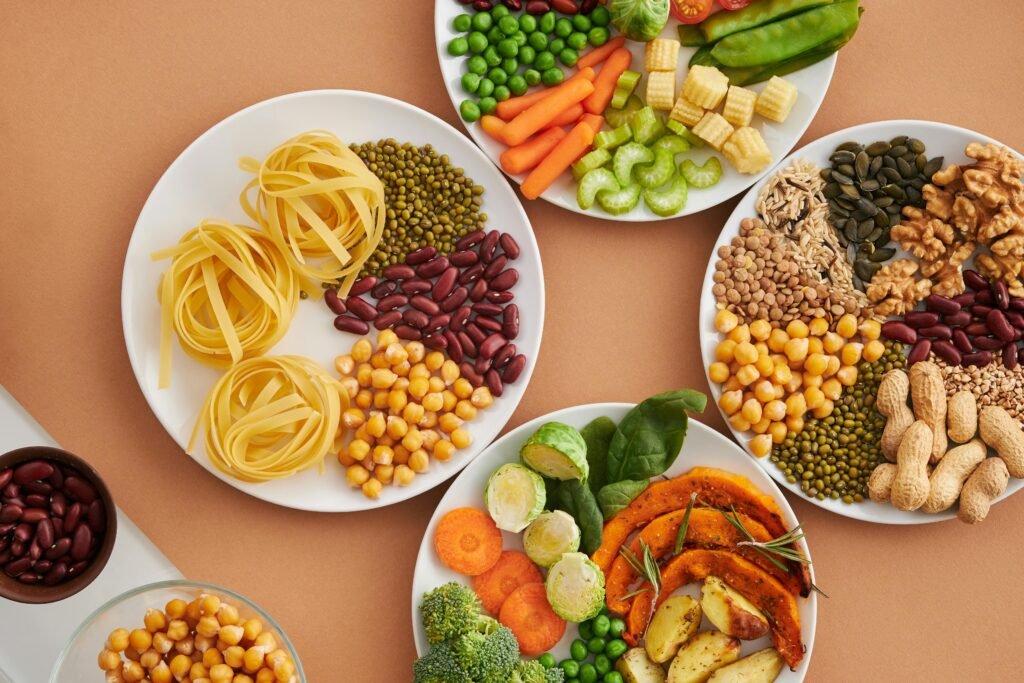
Beans, lentils, and chickpeas are all very good plant-based protein, fiber, and essential minerals like magnesium and potassium. Consumed appropriately, such foods would contribute to reduced cholesterol levels, blood sugar control, and lowered blood pressure.
9: Green Tea: Antioxidant Elixir

Green tea is packed with catechins, a class of antioxidant that helps lower cholesterol and improves heart functioning. Drinking green tea regularly has been associated with a reduced risk of heart disease and stroke.
10: Garlic: Nature’s Blood Pressure Regulator
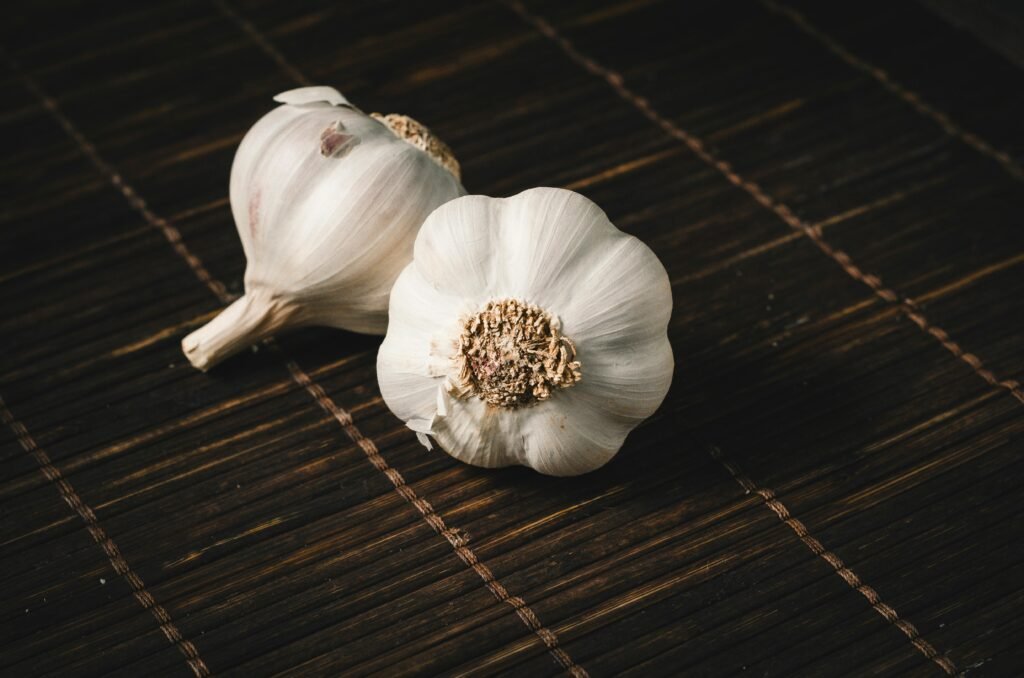
Garlic contains allicin, a compound known for its cardiovascular benefits. Regular intake of garlic has been documented to reduce blood pressure, keep cholesterol levels low, and improve arterial health.
11: Seeds: Tiny but Mighty
Chia seeds, flaxseeds, and hemp seeds are small yet powerful sources of omega-3 fatty acids, fiber, and protein. These seeds will help reduce inflammation, lower cholesterol levels, and help your overall cardiovascular health.
Tips to Add Superfoods to Your Diet
- Start Small: Add a handful of nuts or seeds to your morning oatmeal.
- Mix It Up: Add a mix of different berries as a snack or to top off dessert.
- Experiment with Recipes: Avocado as spreads, leafy greens in smoothies, or beans in soups and salads.
- Moderation is Key: Even superfoods should be in controlled portions to not result in excessive calorie consumption.
Conclusion
Superfoods are not magic bullets but major players in a balanced, heart-healthy diet. By using these nutrient-dense foods at meals, you can protect your heart, lower the chance of cardiovascular disease, and boost your general health and well-being. Combine your new dietary changes with regular, proper exercise and healthy living for the best results. Your heart will thank you!
